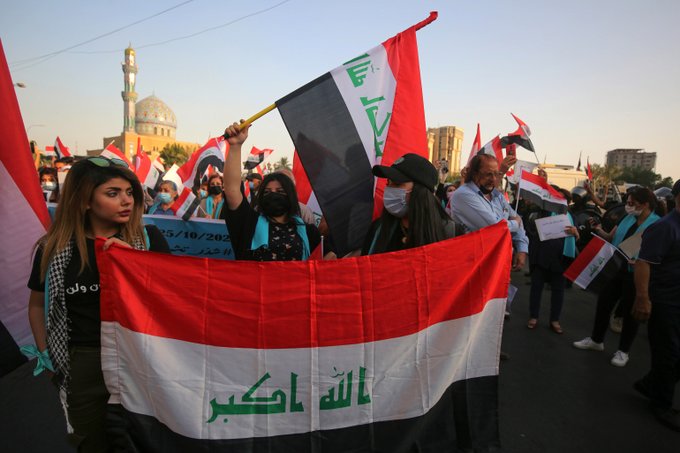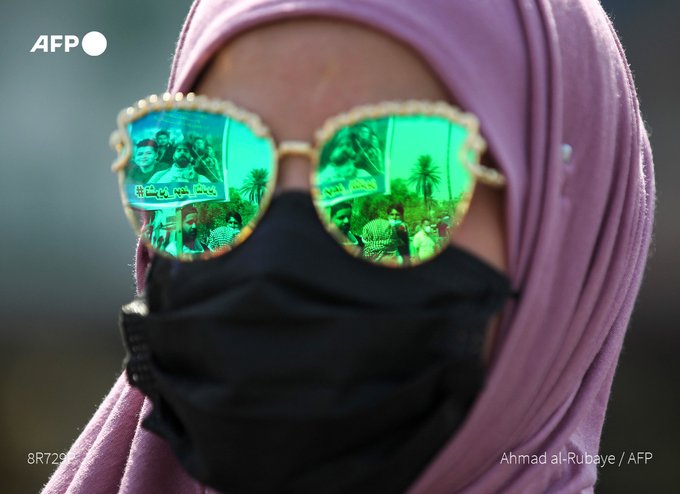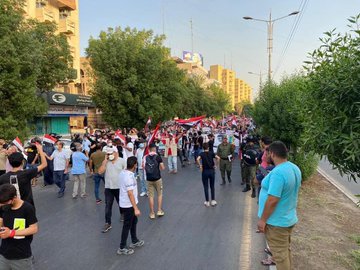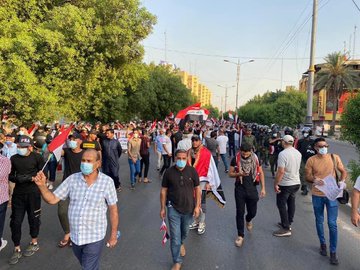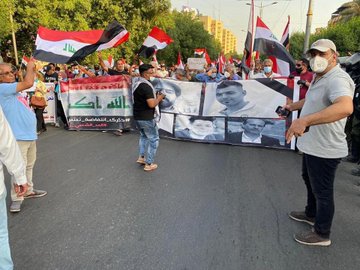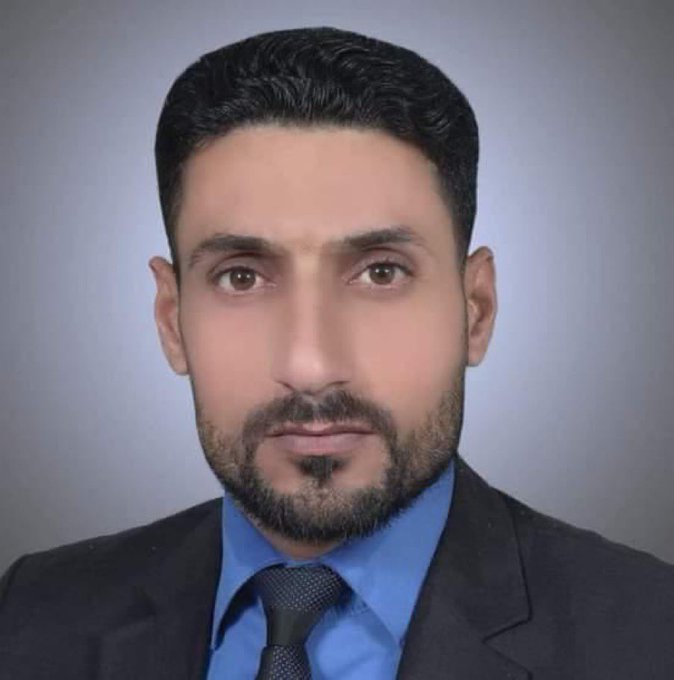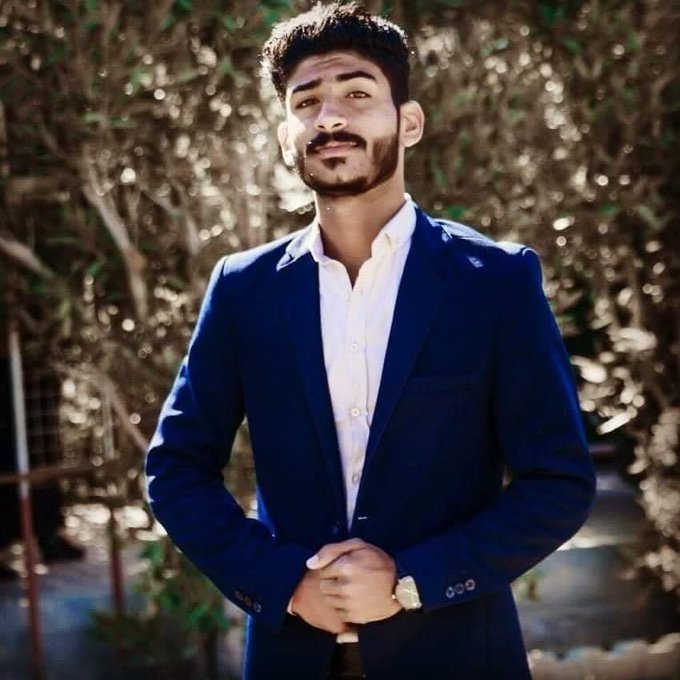No, I didn't do a review over the weekend. Music? Check out these 2 pieces at THIRD:
The 500 list took hours and hours and hours. I hope you find something on it you like. 120 people were involved in the creation of that list and countless hours.
It was easily the biggest part of my weekend.
Remember, these lists are to make you think. They're to make you smile in agreement or rage in disagreement. At the end of the day, the best list will always be the list you make yourself.
Already, Caleb has e-mailed me that he's upset about Nirvana on the list. He thinks UNPLUGGED should have been on the list. And I'm sorry for him that it wasn't. He also feels NEVERMIND should be in the top ten. For me, IN UTERO is the best Nirvana album. It's the one I listened to the most but, honestly, since Kurt died, I really haven't been able to listen to Nirvana.
They had two albums on the list so hopefully that helps Caleb and others.
If it had been just my list, I would've ranked Carly's albums higher and I would have added THIS KIND OF LOVE and BOYS IN THE TREES to the list.
But the list is the product of 120 people voting and debating and arguing and agreeing and disagreeing. Hopefully, everyone can find at least one favorite album on the list.
Closing with C.I.'s "Iraq snapshot:"
Monday, October 5, 2020. In Iraq another activists has been kidnapped, the protesters are tired of words and the militias are out of control.
Iraq has seen a year of protests as the people refuse to turn a blind eye to the corruption and demand basic services (electricity, potable water) and jobs.
Do you know or do you not know
that victims’ wounds are a mouth?
A mouth unlike that of an impostor
nor like he who implores.
It shouts at the poor and hungry:
shed your blood and you shall be fed.
And yells at the subservient:
humiliate the villains and you shall be honoured.
The Iraqi people have long suffered and they've long protested. The past year has seen them arrested, secretly arrested, kidnapped, injured, tortured and killed. But that hasn't destroyed them, it hasn't broken their spirit. They have a long history of protest -- generation after generation.
Thursday was the one year anniversary of the start of the protests and Iraqis turned out in record numbers across Iraq to show their support for the movement.
Protesters carried portraits of all the people who were killed or went missing during the protests. They demanded punishment for all those responsible for the killings and freedom and safety to protest.
Last year’s protests forced the government, led by prime minister Adel Abdul Mahdi, to resign. After months of political uncertainty, his successor, Mustafa al-Kadhimi, was appointed in May this year. Kadhimi promised investigation into the deaths of protesters and strong action against corruption. His government also announced early elections for the Iraqi parliament in June next year. The last elections were held in 2018.
Protesters have also been demanding an end to the political quota or muhasasa system in Iraq which is seen as the root cause of nepotism and corruption in the country. The muhasasa guarantees a proportional representation of all major ethnic groups in the country and fixes crucial government posts according to the sects. For instance, as per the Iraqi constitution, the prime minister of the country can only be a Shia, president a Kurd and speaker of the parliament a Sunni. The system was introduced in the country by the America-led occupation administration post the 2003 invasion.
Protesters are also demanding effective measures to end the widespread unemployment among the educated youth in the country. The oil-rich country has also seen a steady rise in poverty in the past few years which has surprised many. Protesters blame successive governments in Iraq for failing to deliver essential services to most of the people as well.
Azhar al-Rubaie (MIDDLE EAST EYE) notes, "On Wednesday night, Iraqis thronged Tahrir Square, the hub of the protest movement in central Baghdad, painted nearby walls with murals of those killed and decorated the area with lights and the country's flag." CGTN offers a video report. RUPTLY also offers a video report (see below).
ALJAZEERA Tweeted the following:
The poem we quoted at the top was noted by Nabil Salih in his column for ALJAZEERA where he also writes:
On a recent walk to downtown Baghdad, as I crossed Jisr al-Shuhada, I thought of these events of 1948. I looked around and saw that the conditions today are no different than those that sparked al-Wathba Uprising: poverty, negligence, greed, and injustice.
Impoverished elderly were sitting on the sidewalk. Like robots, they stared ahead, extending an empty palm and mumbling pleas for help. Plastic waste littered the banks of the river. Government SUVs with tinted windows lined up the sidewalks, while obese guards snarled at the tuk-tuk drivers who tried to ferry passengers over the one-way bridge for a few banknotes.
In Iraq, some are above the law, others are crushed by its enforcers.
Where is the justice for the protesters who were killed? AL-MONITOR Tweeted:
At GULF NEWS, international editor Omar Shariff notes:
October marks the first anniversary of protests that swept Iraq for months - until COVID-19 cast its shadow - leaving at least 600 people dead and thousands injured. On the surface, a lot has happened; Iraq also got a new Prime Minister. But in reality, little has changed. There continues to be a lack of accountability, despite efforts by PM Mustafa Al Kadhimi to bring the perpetrators of state and quasi-state violence on civilians to justice. Those who are resisting his efforts are the Iran-backed militias. As Iraq tries to recuperate, the biggest obstacle in its path will be these militias. He simply has to find a way of stopping them.
Let's stay with the militias for a minute or two. Samya Kullab's "In Iraq a father faces militia power as he seeks missing son" (AP) reported:
In the span of 30 seconds, Ali Jasb, a young rights lawyer, vanished into the night in southern Iraq.
On an evening a year ago, a woman emerged from a dimly lit street in the city of Amara, her face hidden in a black abaya, and greeted Jasb. Almost immediately a black SUV pulled up, two men forced him in and sped away. The woman climbed into a waiting pickup truck and left.
That last sighting of the 21-year-old Jasb was captured by a surveillance camera at 6:22 p.m. on Oct. 8, 2019. Nothing has been heard from him or his captors.
Ever since, Jasb’s father has been on a search for justice that has run repeatedly against one major obstacle: the increasing helplessness of Iraq’s government in the face of powerful, Iranian-backed Shiite militias.
This result was completely expected by any of us paying attention in real time. That would leave out the likes of THE NEW YORK TIMES which, in 2019, offered that the "militia's independence" would be "chip[ped] away" by this move. They were wrong. The move to bring the militia forces under the umbrella of the Iraqi forces was first proposed by thug Nouri al-Maliki in his second term. But it would be the laughable Hayder al-Abadi who would actually do it. One of the few to call the militia nonsense out in real time was Ranj Alaaldin (Brookings) who observed:
But such beliefs were met with a new reality on Monday, as were (unrealistic) hopes that al-Abadi could rebuild Iraq and bring the country together: His coalition announced that he will join forces with Iran-aligned militias that spear the Popular Mobilization Forces (PMF), the umbrella Shiite militia organization established in 2014 to fill the vacuum that was left by the collapse of Iraq’s armed forces when ISIS seized Mosul.
Just a day later, the Iran-aligned militias—contesting the elections as the al-Fatih (Conquest) bloc—withdrew from the electoral alliance, not out of principle but because of differences over participation and electoral strategy (there were not enough seats to go around). Indeed, Hadi al-Ameri, the head of the Badr Brigade—Iraq’s most powerful militia, which Iran established in the 1980s and which controls the Interior Ministry—has even hinted they could join forces after the elections to form a government.
Folding the militias into the Iraqi government did not put any controls on the militias. They terrorize the Iraqi people as they did before they were part of the government. They refuse to take orders and they issue threats against the Iraqi government. Last July at The Atlantic Council, C. Anthony Pfaff offered:
The July 6 assassination of Hisham al Hashimi, a well-known political analyst who criticized Iraq’s sectarian politics, represented the loss of someone who made meaningful contributions to Iraq’s recovery and reconciliation efforts. Hashimi’s death also represented an escalation that threatens to bring back the gang-like violence Iraq experienced from 2004 to 2008.
No one has claimed responsibility for Hashimi’s murder. Many suspect Kitaib Hizballah (KH), a militia which is part of the Popular Mobilization Forces (PMF) backed by Iran. Hashimi was critical of KH and they reportedly sent him death threats just prior to his killing. Such murders of course, are not out of character for KH or any of Iran’s proxies in Iraq. They, along with Sunni extremists, were responsible for killing thousands of Iraqis during the years of sectarian conflict. More recently, these militias were responsible for killing, kidnapping, and torturing protesters, who objected, in-part, to Iran’s pervasive and malign influence in Iraq.
In Hashimi’s case, there is additional context that makes KH’s responsibility for his death plausible. Hashimi was supportive of Iraqi Prime Minister Mustafa Kadhimi, who in June had ordered members of KH detained. It should not be surprising then that many are taking Hashimi’s assassination as a message to Kadhimi: Stop interfering with the militias and their criminal operations.
The difficulty for Kadhimi is that even a strong suspicion of KH culpability is not enough to make further escalation against the militia appear legitimate to the Iraqi people. In fact, KH was not only able to get all their members arrested in the June raid released in 24 hours, they made a public show of welcoming them back publicly as heroes while burning American flags and tramping on images of Kadhimi. Further, it is important to remember that while the case against KH may seem compelling from the outside, it is not so from the inside. Hashimi was an outspoken critic of a range of Iraqi actors and had an extensive list of enemies. Thus, any moves Kadhimi makes against any suspected group without resolving uncertainty regarding their responsibility in a way the Iraqi public will accept will almost certainly escalate the violence.
Having said that, Hashimi’s assassination may provide Kadhimi with an opportunity to act. As the protests have illustrated, Iraqis are unhappy with the militias and Iran’s interference. The prospect of another sectarian war will only make them more unpopular. If Kadhimi does act against the militias, eliminating or constraining one—even one as powerful as KH—will not do much good. As in any other gang-like environment, others will fill the space left behind by the demise of one.
At Carnegie Endowment for International Peace, Tamer Badawi argued last month:
Kadhimi came into office with the intention to crackdown on paramilitaries. He has incrementally increased pressure on them using coercion, among other means. However, the targeted paramilitaries lashed back using force, and other staunchly pro-Iran paramilitaries increased their rhetorical attacks on Kadhimi’s government through their affiliated media and television channels. For example, on June 25, the U.S.-trained Iraqi Counter Terrorism Force (ICTS) raided a PMF facility in Baghdad belonging to the 45th brigade controlled by Kata’ib Hezbollah (KH), a top-tier paramilitary allied with Iran. The ICTS arrested fourteen of the paramilitary’s personnel suspected of involvement in the launching of projectiles at the Green Zone. KH retaliated to the raid by sending forces to lay siege over the main ICTS headquarters and another ICTS facility within the Green Zone.[2] The vast majority of Kadhimi’s administration believes that KH was responsible for launching rockets prior and during the Iraq-U.S. Strategic Dialogue with the aim of embarrassing him, and of putting pressure on the United States to withdraw troops. To a segment of domestic and international audiences, Kadhimi’s succumb to pressure from KH constituted a major setback.
Prime Minister al-Kadhimi is attempting to counter the paramilitaries on multiple fronts. Financially, he sought to strengthen government control over border crossings to fight corruption and smuggling. Border crossings are used by paramilitaries, including those reportedly active at Diyala’s border crossing into Iran. If the government effectively controls these vital channels, financial inflows from smuggling will decrease in the long term. During a visit, Kadhimi sent the PMF and the Rapid Deployment Forces to take over the two border crossings at Diyala into Iran, according to the Joint Operations Command (JOC). Subsequently, on July 25, the JOC dedicated forces to control fourteen overland and sea port border crossings. Furthermore, to limit the opportunity for corruption, Kadhimi shortened the rotation of border crossing employees from six to three months.[3] However, unofficial border crossings that are designed to dodge government oversight exist and tend to generate greater revenues for paramilitaries than the official crossings,[4] but Kadhimi has not previously cracked down on them. In August, the prime minister formed a committee to “investigate corruption and major cases” and assigned the ICTS to execute its orders, in an effort to further curtail the paramilitaries’ income sources.
Mustafa al-Kadhimi appears to 'try' to do many things. Actually achieving anything, thus far, remains beyond his grasp. Mustafa became prime minister May 7th of this year. Yesterday, Louisa Loveluck and Mustafa Salim (WASHINGTON POST) reported on how Mustafa attended a protester's funeral last February and comforted the father . . . with words. All this time later, even after becoming prime minister, words are all Mustafa has had to offer. Little has changed, Omar Shariff (GULF NEWS) observed and he is correct.
The militias are part of the Iraqi forces that have been attacking the protesters. MEMO notes:
Amnesty International yesterday called on the Iraqi government to ensure justice is served for hundreds of protesters who have been killed or forcibly disappeared during the country’s anti-government protests that erupted a year ago.
“The Iraqi government must step up its efforts to deliver justice to the hundreds killed in the course of exercising their right to peaceful assembly. Find the missing, deliver justice for lives lost!” the rights watchdog said on Twitter, adding that last year thousands of protesters in Iraq took to the streets “demanding better living conditions and an end to corruption. Security forces responded with killing protesters, while dozens of activists are still being hunted down and killed to this day.”
The Iraqi authorities’ promises to achieve justice for the victims, Amnesty continued, was “nothing but ink on paper”, as gunmen continue to target activists and demonstrators with impunity.
Earlier yesterday, thousands of protesters gathered in public squares in Baghdad and several other governorates, to commemorate the first anniversary of the popular protests that swept the country for months leaving hundreds dead and thousands injured.
But nothing changes, no improvements come. At the end of last week, Sebastian Usher Tweeted:
Another? A few weeks ago, activist Sajjad al-Iraqi was kidnapped:
The person who kidnapped Sajjad Al-Iraqi has been identified by witnesses as Idris al-Ibeahimi, who is affiliated with Badr militia and was helped by Asa'ib AHL al-Haqq. The people show much greater initiative than the police in investigating abductions. #Iraq #IraqProtests
Words. That's all Mustafa offers, words. And the protesters are getting sick of it. Azhar al-Rubaie (MIDDLE EAST EYE) reports:
Demonstrators on Thursday gave the government until 25 October to meet their demands or face a general strike.
"Kadhimi's government, just [like] the previous one, was granted a lot of time to take action but turned a deaf ear," al-Bawi said.
"We will wait until 25 October, if nothing changes, then protesters from all Iraq's provinces will come to Baghdad to make an open strike and we will call for [a] parliament resolution and formation of an emergency government,"
Kadhimi has called for a general election to be held in June 2021, roughly a year ahead of when it would normally be held, a central demand of the protesters, but Iraq's parliament must still ratify the election date and amend the election law.
The premier, who is struggling to stave off a steep budget deficit and potential economic catastrophe - largely brought about by declining oil prices and fallout from the Covid-19 pandemic - has also indicated he will be tough on militia groups, another key demand of protesters.
As we wind down, we'll note the following from Ms. (and we'll note it as a stand alone this afternoon as well):
|
   |
Ms. Magazine
1600 Wilson Boulevard
Suite 801
Arlington, VA 22209
United States
New content at THIRD:
- Truest statement of the week
- Truest statement of the week II
- A note to our readers
- Iraq
- Media: The people holding back women -- including ...
- 500 Greatest albums of the rock era
- Artists with multiple albums on our 500
- Tweet of the week
- Tweet of the week historical
- Must read of the week
- Video of the week: Jimmy Dore
- Presidential candidate Howie Hawkins (Green Party)
- Presidential candidate Jo Jorgensen (Libertarian P...
- Presidential candidate Gloria La Riva (PSL candidate)
- No more coverage of Joseph Kishore's campaign
- This edition's playlist
- Highlights
